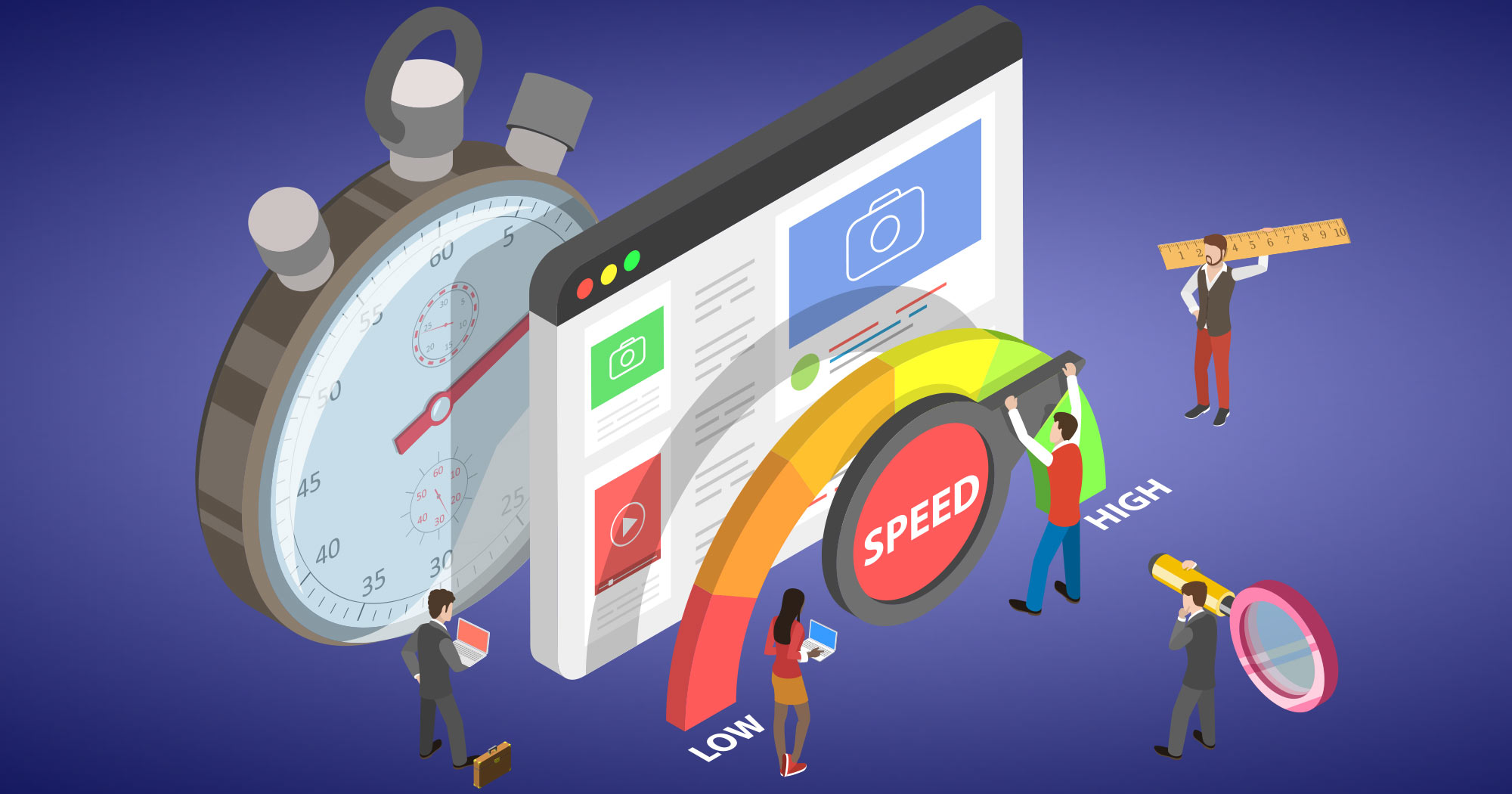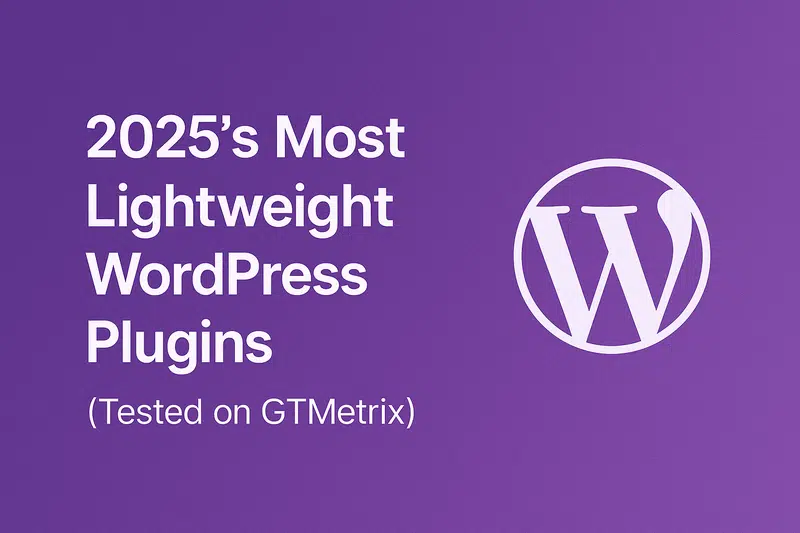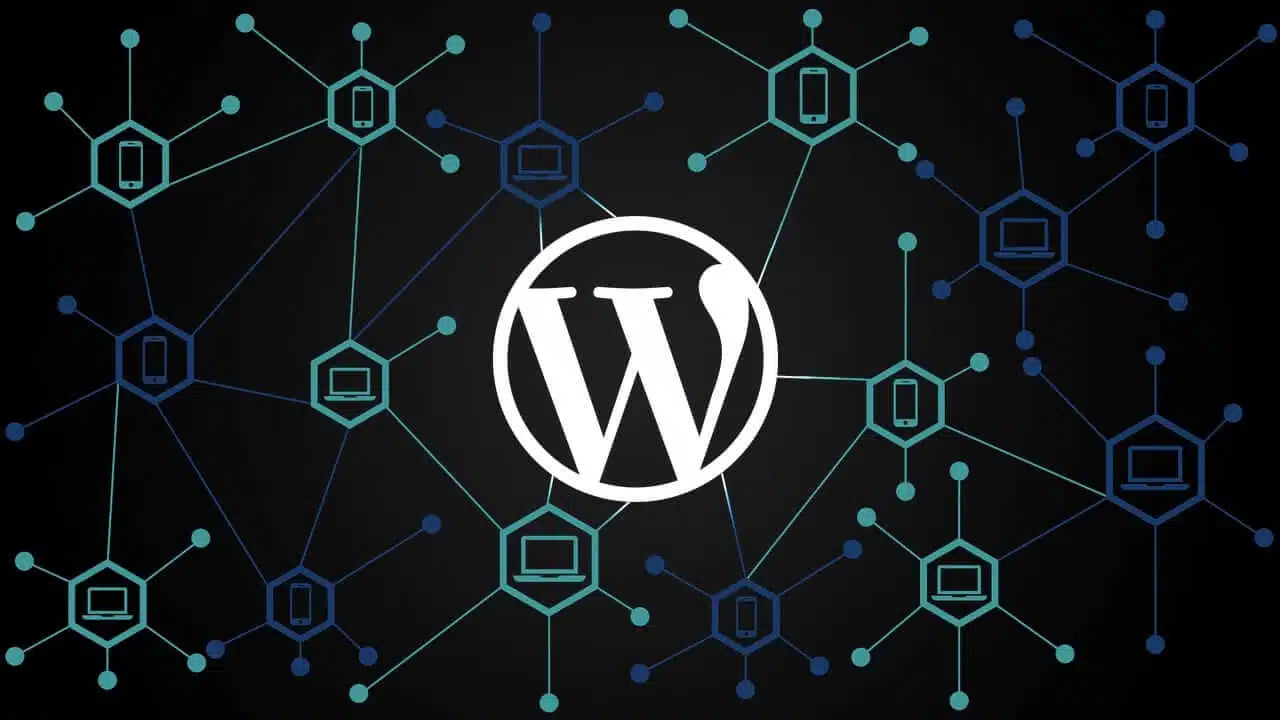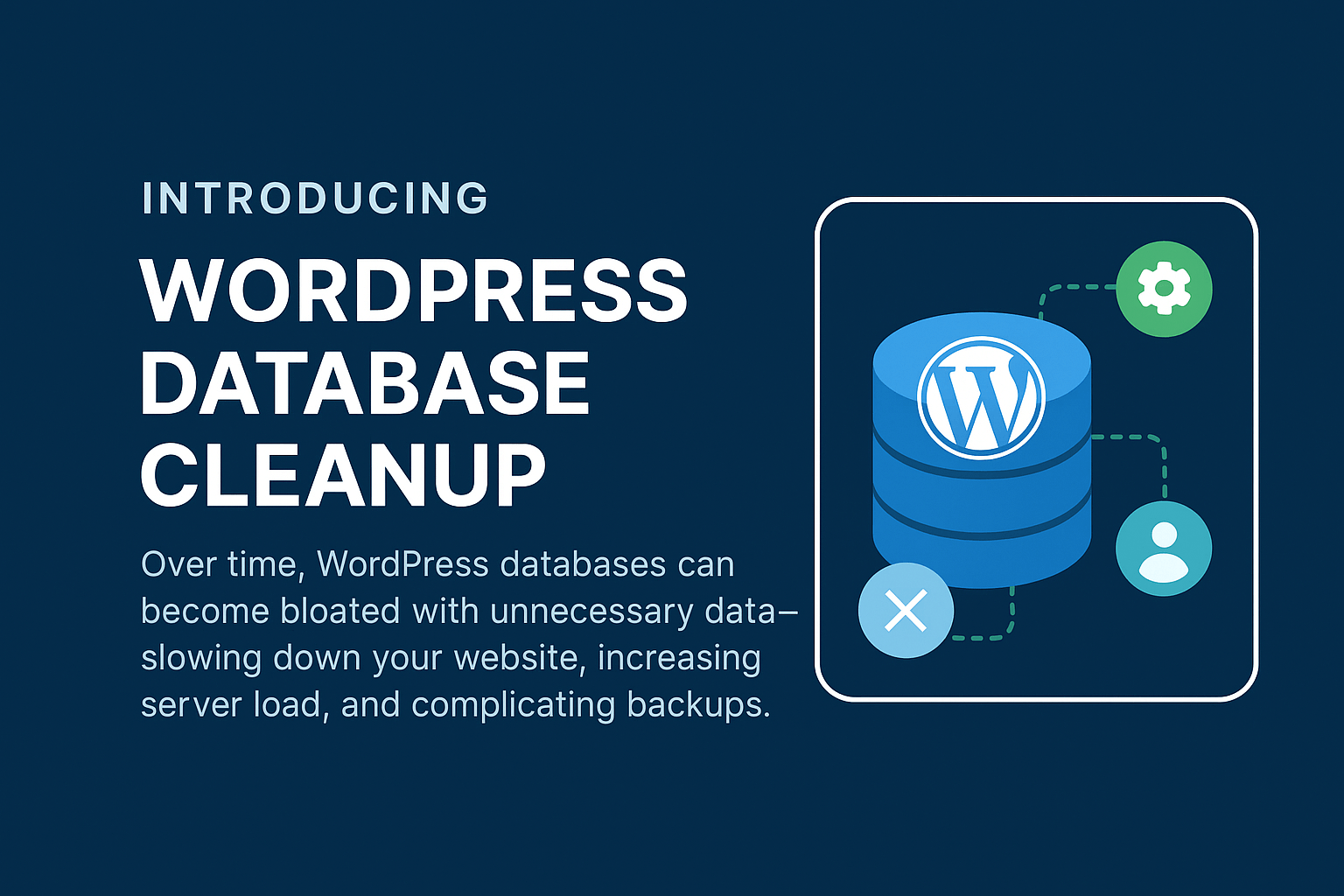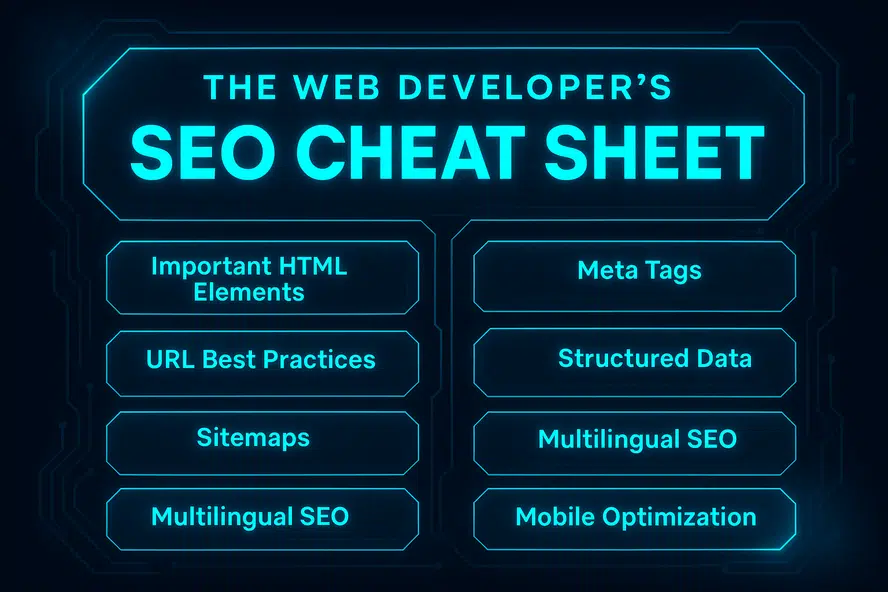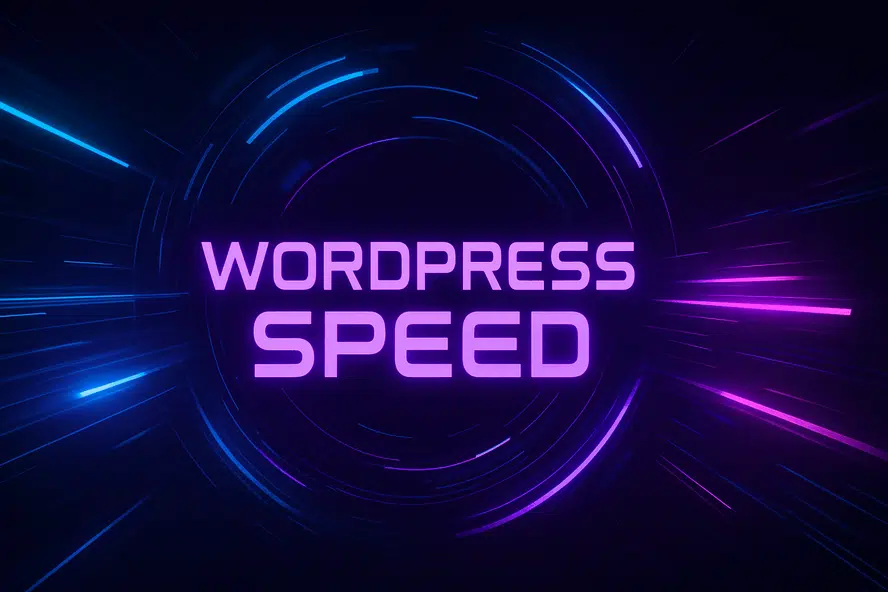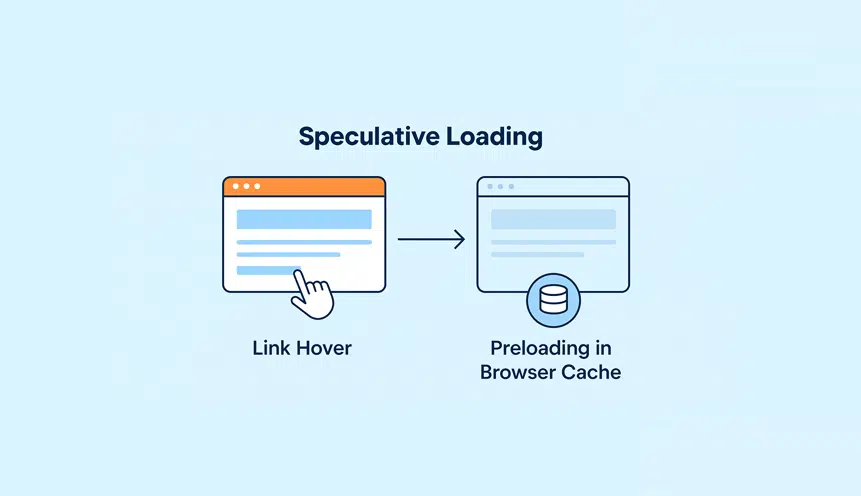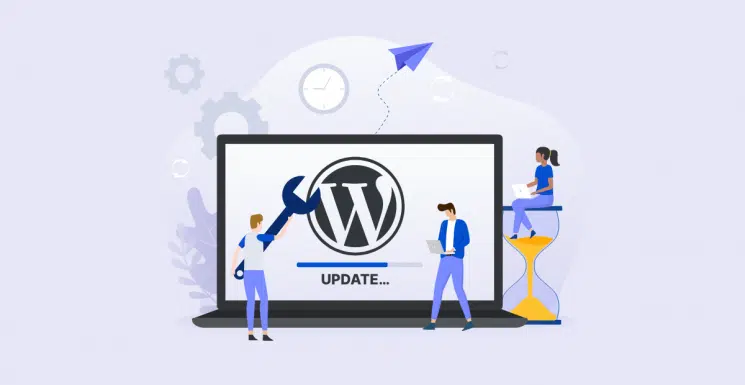Navigating WordPress Challenges: Expert Tips and Support Options
Introduction:
WordPress, one of the most popular content management systems (CMS) in the world, offers a flexible and user-friendly platform for building websites and blogs. However, even the most seasoned WordPress users can face challenges and technical hurdles when managing their website. In this article, we will discuss some common WordPress challenges and provide expert tips and support options to help you overcome them. We will also include a FAQs section at the end to address some frequently asked questions.
Common WordPress Challenges:
1. Plugin Compatibility: One of the major benefits of WordPress is the availability of thousands of plugins, allowing you to add various functionalities to your website. However, choosing and updating plugins can sometimes lead to compatibility issues, causing your website to experience glitches or even crash. To avoid this, it is vital to regularly update your plugins and ensure they are compatible with your WordPress version.
Expert Tip: Before installing or updating a plugin, check its compatibility with your WordPress version and read user reviews to determine its reliability. Additionally, regularly update your WordPress core software to ensure compatibility.
2. Security Vulnerabilities: As WordPress is a popular CMS, it also becomes an attractive target for hackers. Security vulnerabilities can lead to unauthorized access, website defacement, or data breaches. However, by taking proactive security measures, you can significantly reduce the risk of such incidents.
Expert Tip: Install a reputable security plugin, such as Wordfence or WP Fix it, to monitor and protect your website against potential threats. Regularly update your themes, plugins, and WordPress core to apply patches for vulnerabilities. Implement strong password policies and consider two-factor authentication for added security.
3. Page Speed Optimization: Slow loading speed can harm your website’s user experience and search engine rankings. Visitors tend to abandon websites that take too long to load, leading to a higher bounce rate. Additionally, search engines like Google consider page speed as a ranking factor. Therefore, optimizing your website for faster loading times is crucial.
Expert Tip: Optimize your images by compressing them without sacrificing quality. Minify CSS and JavaScript files to reduce their size. Make use of caching plugins, such as W3 Total Cache or WP Super Cache, to store static versions of your website, reducing server response time. Consider using a content delivery network (CDN) to distribute your website’s content across various servers to improve loading times.
4. SEO and Content Optimization: Creating engaging content is essential, but optimizing your website for search engines is equally crucial to drive organic traffic. WordPress provides SEO plugins, such as Yoast SEO or All in One SEO Pack, to help you optimize your website’s content and metadata. However, understanding how to effectively use these tools can be a challenge.
Expert Tip: Install an SEO plugin to guide you through content optimization. Research and use appropriate keywords in your content, headings, and metadata. Optimize your images with alt-tags and descriptive file names. Ensure your website has a user-friendly structure with easily accessible navigation and interlinking.
Support Options:
1. WordPress Documentation: WordPress.org offers comprehensive documentation that covers various aspects of using the CMS. The documentation provides step-by-step guides, troubleshooting tips, and explanations of different features and functionalities.
2. Community Forums: WordPress has a large and active community that supports its users through forums. Websites like WordPress.org, Reddit, and Stack Exchange have dedicated forums where you can post questions and seek solutions for specific challenges you’re facing.
3. WordPress Meetups and WordCamps: WordPress communities often organize local meetups and global WordCamps. These events offer opportunities to network with other WordPress users and developers, attend informative sessions and workshops, and get hands-on support for your challenges.
4. Professional Support Services: In some cases, you may require professional assistance for complex or critical issues. Many WordPress agencies and freelancers offer expert support for WordPress challenges. They can help you troubleshoot problems, optimize your website’s performance, and ensure security.
FAQs:
Q1. How can I back up my WordPress website?
A1. You can back up your WordPress site using plugins like UpdraftPlus, BackupBuddy, or Jetpack. These plugins allow you to schedule regular backups and store them on various cloud storage platforms.
Q2. How can I fix the “White Screen of Death” issue?
A2. The “White Screen of Death” typically occurs due to a plugin or theme conflict. To resolve it, you can disable all plugins by renaming the ‘plugins’ folder via FTP or accessing the database. If the issue is fixed, you can enable the plugins one by one to identify the problematic one.
Q3. How can I improve my website’s mobile responsiveness?
A3. To improve mobile responsiveness, choose a responsive theme or use plugins like WPtouch or Jetpack’s Mobile Theme. Optimize images and consider using responsive design principles to ensure your website adapts well to different screen sizes.
Conclusion:
WordPress offers an incredible platform for website creation, but it does come with its fair share of challenges. However, armed with expert tips and support options, navigating these challenges becomes much more manageable. By staying up to date with your plugins and WordPress core, securing your website, optimizing its performance, and seeking support when necessary, you can ensure a smooth and successful WordPress experience.
Post Summary:
WordPress is a popular CMS for building websites, but it comes with challenges. This article provides expert tips and support options to overcome these challenges. Common issues include plugin compatibility, security vulnerabilities, page speed optimization, and SEO/content optimization. Tips include regularly updating plugins, installing security plugins, optimizing images and files, and using SEO plugins. Support options include WordPress documentation, community forums, WordPress meetups, and professional support services. FAQs address backing up a website, fixing the “White Screen of Death” issue, and improving mobile responsiveness. These tips and support options help make managing WordPress websites easier.





